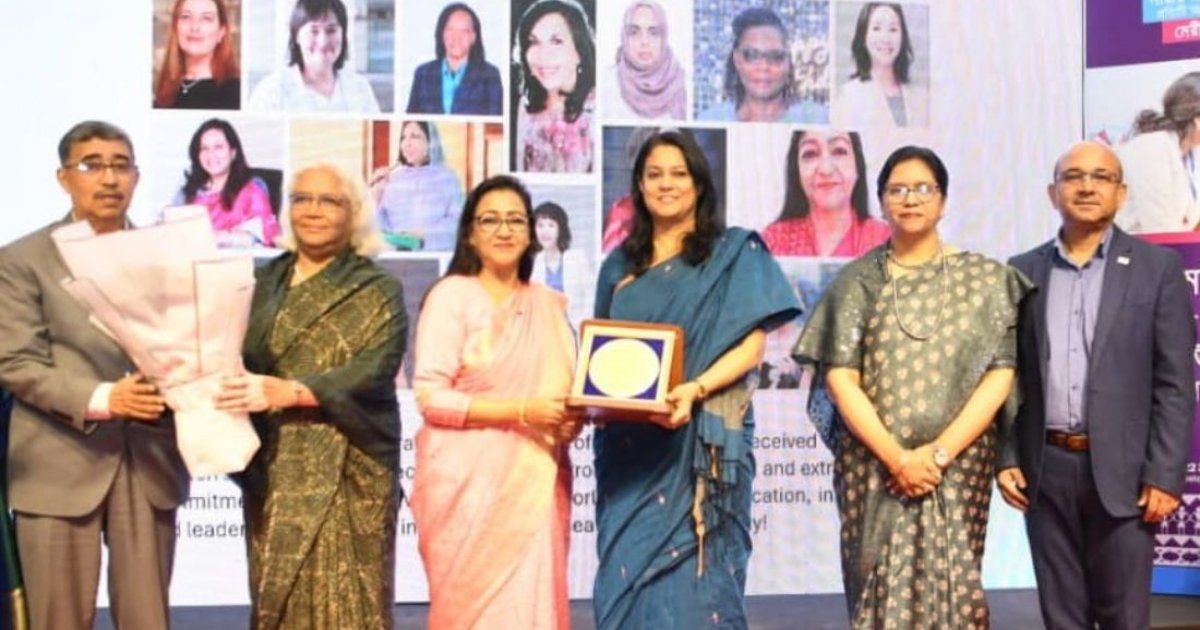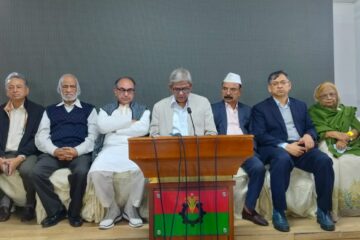Ensuring women’s health and empowerment is critical to achieving sustainable development, said Syeda Rizwana Hasan, adviser to the Ministry of Environment, Forest and Climate Change and the Ministry of Water Resources.
She made the remarks while addressing an event titled “Joining Hands for Improving Women’s Healthcare in Bangladesh” at the chief guest at The Westin in Dhaka on Thursday evening.
“Caring for women is not just a social obligation, it is a foundation for national progress. True empowerment is impossible without ensuring women’s access to proper healthcare,” Rizwana said.
She highlighted that women in Bangladesh’s coastal regions face severe challenges due to salinity, scarcity of safe drinking water, and reproductive health complications. She called for innovative solutions such as mobile clinics and floating hospitals to deliver essential health services to remote and climate-vulnerable communities.
Acknowledging the dedication of health professionals working in Rohingya camps and other challenging areas, she added, “Those providing care in such difficult circumstances are truly working on the frontline of humanity.”
Terming reproductive health, a subject that should no longer be treated as a taboo, the environment adviser stressed the importance of educating children early on issues of hygiene, reproductive health, and self-awareness. “We need open conversations, not silence, when it comes to women’s health.”
Reflecting on the current state of healthcare access, Rizwana said reproductive and maternal health services remain out of reach for many women in Bangladesh. “Families, communities, and the state must share responsibility to ensure women’s well-being.”
She also urged society to move away from a culture of pessimism, emphasizing that faith, hope, and optimism are essential for progress. “Women’s health and education are the cornerstones of that positive transformation,” Hasan noted.
The event was also addressed by Prof Md Abu Jafor, director general of the Directorate General of Health Services (DGHS); Dr Ashrafi Ahmad, director general of the Directorate General of Family Planning (DGFP); and representatives from Marie Stopes Clinic.
A tribute was paid to Prof Farhana Dewan, who received the FIGO Women’s Award 2025 in recognition of her contributions to women’s health.



